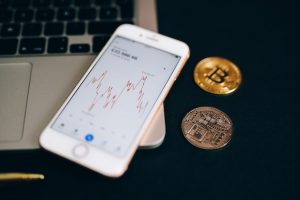
Inflation can significantly impact both economic conditions and personal finances, making it essential for individuals to understand its implications and how to navigate them effectively.
Understanding Inflation
Inflation refers to the increase in the prices of goods and services over time, resulting in a decrease in purchasing power. It can erode savings, reduce the value of investments, and affect the cost of living. By staying informed about inflation rates and trends, individuals can make informed financial decisions to mitigate its effects.
Protecting Assets
To safeguard assets against inflation, diversification is key. Investing in a mix of assets such as stocks, bonds, real estate, and commodities can help hedge against inflationary pressures. Additionally, considering inflation-protected securities and other inflation-hedging investments can further mitigate risk.
Making Informed Decisions
Inflation can influence various aspects of financial planning, including budgeting, saving, and investing. Individuals should adjust their financial strategies to account for inflationary pressures, such as setting aside funds for emergencies, optimizing retirement savings, and considering inflation-adjusted income streams.
Conclusion
By understanding the impact of inflation on economic conditions and personal finances, individuals can take proactive steps to protect their assets and make informed financial decisions. Through diversification, prudent investing, and thoughtful financial planning, individuals can navigate inflationary environments with confidence.
